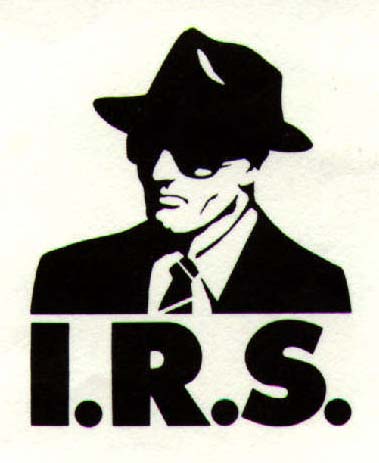Crazy Cat Lady Wins the Battle, Loses the War
 On my wedding day, my father offered me this one piece of advice. “Son,” he said, “nothing good can ever come from owning six dozen cats.” Bright guy, the old man is.
On my wedding day, my father offered me this one piece of advice. “Son,” he said, “nothing good can ever come from owning six dozen cats.” Bright guy, the old man is.
n Van Dusen v. Commissioner, 136 T.C. 25 (6.2.2011), the taxpayer (Van Dusen) was a practicing attorney who also took a fancy to felines (cats to the layperson). A kind-hearted woman, Van Dusen spent nearly every free moment caring for cats in association with an organization called Fix Our Ferals, a qualified charity whose mission is to engage in “trap-neuter-return” activities, which consists of trapping feral cats, obtaining medical treatment and vaccinations, rendering their genitalia useless, and then releasing them back into the wild; healthy, happy, and as impotent as a Nevada boxing commissioner.
After the feral cats were neutered, they needed to be temporarily housed in volunteers’ private residences while they recovered. In addition, some cats, for various reasons, could not be released back into the wild, and required a permanent stay in someone’s home. This is where Van Dusen comes in.
Van Dusen volunteered at Fix Our Ferals in 2004. Her volunteer duties involved trapping feral cats, obtaining the necessary medical treatment, and housing them while they recovered. She also provided long-term care to some of the cats into her home. While the court records do not indicate whether she ever put the kitties in full costume and acted out scenes from H.M.S. Pinafore, my guess is she most certainly did.
During 2004, Van Dusen had between 70 and 80 cats. As you might imagine, she incurred significant expenses related to their care, including veterinarian bills, food, cleaning supplies, increased utility bills related to laundry and waste removal, and countless adorable little hats (last one may not be true).
On her 2004 tax return, Van Dusen deducted noncash charitable contributions of $12,068 related to the out-of-pocket expenses incurred in providing care to foster cats.
In general, while Section 170 does not permit a charitable contribution deduction for the value of services contributed to a charity, it does permit a deduction “related to any unreimbursed expenses made incident to the rendition of services to an organization…”
In the immediate case, the IRS argued that Van Dusen was an independent cat rescue worker, unaffiliated with Fix Our Ferals. In addition, the Service contended that Fix Our Ferals’ mission related solely to “education and sterilization,” and therefore fostering cats could not constitute “services” to Fix Our Ferals.
The Tax Court disagreed, holding that Van Dusen’s foster-cat activities did constitute services rendered to Fix Our Ferals, citing the charity’s ability to request services from Van Dusen via phone or internet.
Van Dusen’s victory was short-lived however, as the court then had to determine whether she had properly substantiated her contribution expenses. Aside from giving me a forum upon which to make several jokes at this poor lady’s expense, this is the most noteworthy aspect of the case. For amounts under $250, the current statute and regulations do not indicate the substantiation requirements for unreimbursed expenses incurred ancillary to providing services to an organization; they only offer rules for contributions of 1) cash, and 2) property.
Courtesy of Van Dusen, we now have our answer. For those expenses under $250, the Tax Court determined that the rules of Section 1.170A-13(a) (for cash contributions) rather than Section 1.170A-13(b) (for noncash contributions) governed the substantiation requirements for unreimbursed volunteer expenses. As a result, even though Van Dusen could not produce a cancelled check or a receipt from Fix Our Ferals, since she did have bank and credit card statements, the court found her substantiation was sufficient to support those deductions that were less than $250.
Things didn’t end here, which was unfortunate for Van Dusen. For those expenses in excess of $250, the court looked to Section 170(f)(8)(a), which requires a contemporaneous written acknowledgement from the donee organization. Since Van Dusen failed to receive any such acknowledgement, the Tax Court denied all expenses in excess of $250.

